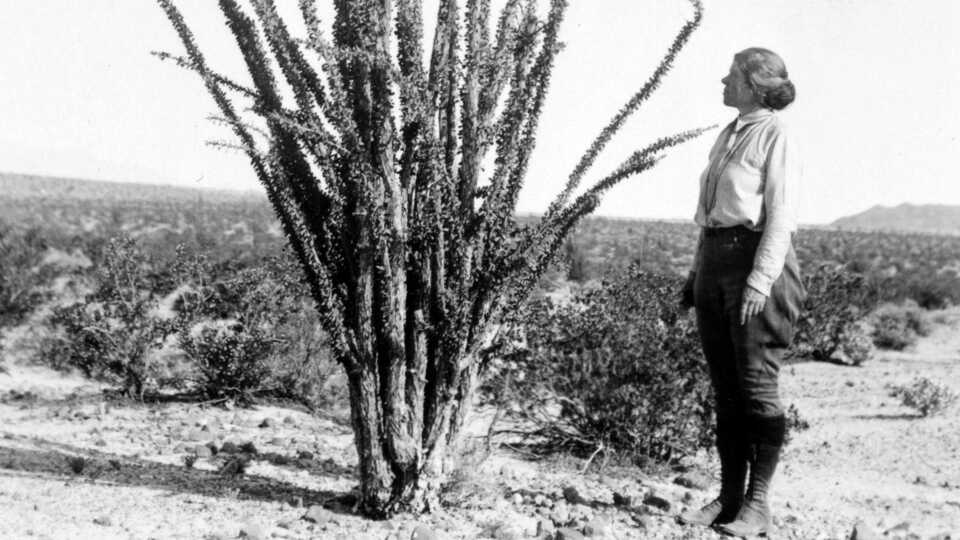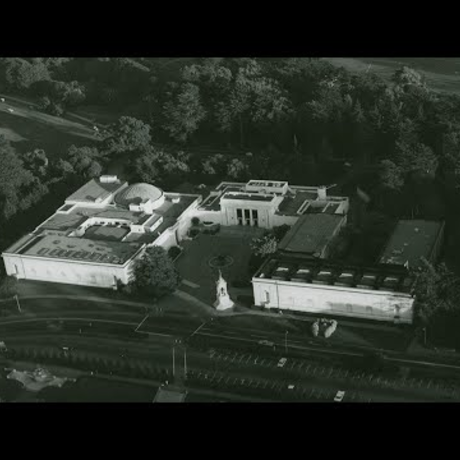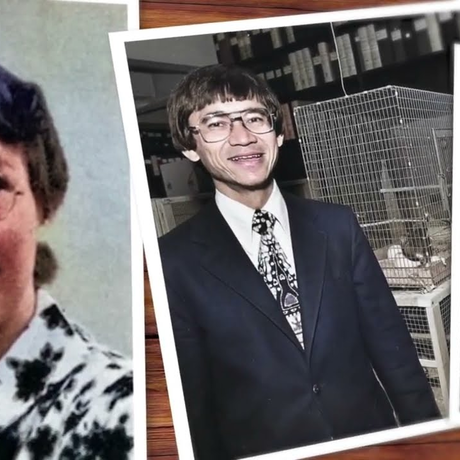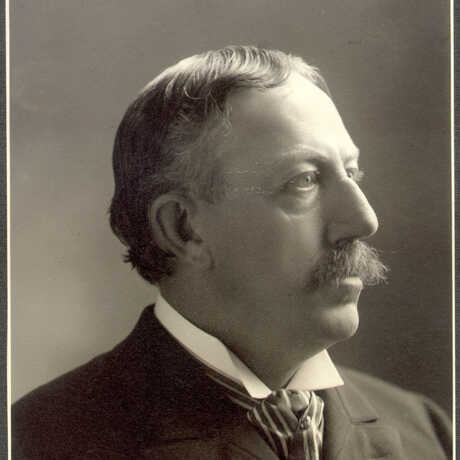Bracie thought WWII was useless and thought energy could be put into actually solving the problems of the world instead of fighting and hurting or killing innocent people. She also thought that women should be drafted as well, so the war would be over faster, but realized many used the war as an opportunity to gain money and resources. During WWII, she was laid off from UC Berkeley because they cut staff to save money. Although Bracie was busy with work, she gave 4 pints of blood and tried to help with the war support. Due to food rationing during the war, people were encouraged to grow their own victory gardens to help feed themselves and Bracie planted two victory gardens which shows how she tried her best to help.
Bracie was employed at the UC Berkeley Herbarium in the 1930’s, she had a small office on the bottom floor of the herbarium. Although Bracie was busy with work, she gave 4 pints of blood and tried to help with the war support. Due to food rationing during the war, people were encouraged to grow their own victory gardens to help feed themselves and Bracie planted two victory gardens which shows how she tried her best to help.
She worked 12-18 hours a day and would split her time between CAS and UC Berkeley. She was so dedicated to her work that she continued to work even when was sick with pneumonia or other ailments. She stressed the importance of taking clear notes so that the study could be continued in the future. As a woman in STEM she was upset that she didn’t get as many opportunities and funding as men, who didn’t work as hard as she did, had received. She was so upset at the inequalities that she wished she was born a man so her research would be easier. She had several species of plants named after her like Salix and Fuchsia (Fuchsia bracelinae and Salix lesiolepisbracelinae). Philip A. Munz from Pomona College thought she and Mexia should have flowers named after them. She had a willow named for her by Carlton Ball.



